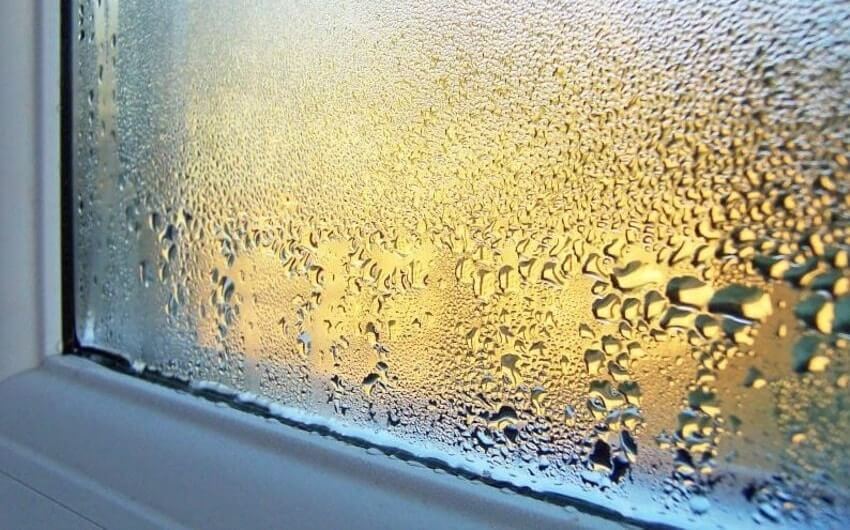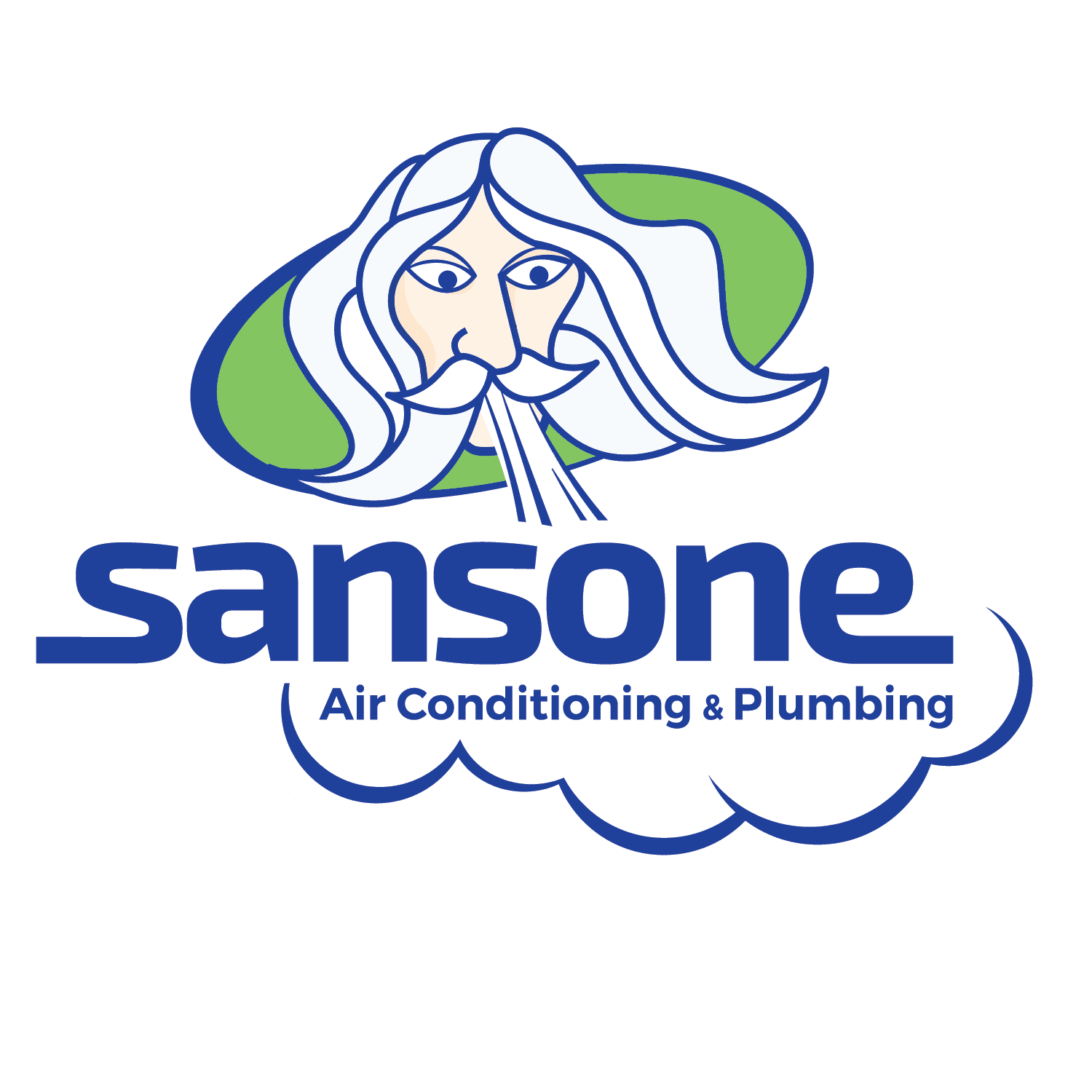
Living in Florida, we’re no strangers to the uncomfortable effects of humidity. But while the humidity levels outdoors are out of our control, the humidity levels inside your home shouldn’t be.
10 Tips for Removing Humidity From a House in Florida
If high humidity has your home feeling muggy, these 10 tips will help reduce moisture, protect your valuables and improve your comfort.
Tip 1. Ventilate, Ventilate, Ventilate
Moisture-prone areas of your home (think bathrooms, the kitchen and laundry room) can contribute to excessive levels of humidity throughout the rest of your humble abode. Making sure these areas are properly ventilated is an easy way to reduce moisture levels and keep your home comfortable. If these areas of your home have vent fans, be sure to keep them on while showering, cooking or doing laundry. Don’t have vent fans? Consider having them installed by a professional electrician.
Tip 2. Use Fans
Using fans (whether ceiling fans, box fans, or wall units) can help circulate the air in your home and reduce evaporation.
Tip 3. Take Shorter Showers
We all love taking a relaxing shower after a long day or to pep us up in the morning, but long, hot showers produce steam and excess humidity. Try limiting the amount of time you spend in the shower and be sure to use the vent fan if your bathroom has one.
Tip 4. Dry Clothing Outside
Even if your dryer vents to the outside of your house, excess moisture can still be released indoors if you dry multiple loads of laundry. If you’re trying to reduce humidity in your home, consider line-drying your clothes outdoors.
Tip 5. Cover Exposed Soil From Houseplants
Houseplants can improve indoor air quality while boasting significant benefits and brightening your home. However, exposed soil from houseplants can increase humidity levels and make your home feel less comfortable. No need to send your plant family outdoors just yet! Just make sure to cover any exposed soil, which will help reduce excess humidity emitted by
Tip 6. Check for Leaky Pipes
Even a small leak in your home can contribute to excess humidity levels. It’s a good idea to inspect the pipes in your home every few months to make sure everything is functioning as it should. If you do notice a leak, patch it right away or contact a professional for help.
Tip 7. Adjust Your Air Conditioner’s Settings
Some air conditioners come with a “dry” setting, which helps remove excess moisture from the air. If your AC comes with this feature, try setting the device to this setting.
Tip 8. Change Your Air Filters Each Month
Changing your air conditioning filter on a regular basis can’t be stressed enough! Not only will doing so keep your AC working efficiently, but it will improve airflow. Better airflow equals less humidity.
Tip 9. Have Your AC System Maintained by a Professional
In addition to changing your air filter each month, it’s extremely beneficial to have your entire air conditioning system maintained by a professional at least twice per year. During a maintenance checkup, your system will undergo a comprehensive inspection and tune-up, ensuring it is functioning properly and dehumidifying the air as it should be.
Tip 10. Invest in a Dehumidifier
When all else fails, investing in a quality dehumidifier is an effective, no-nonsense solution to your humidity woes. Not sure which dehumidifier is right for you? We can help.
Contact Sansone for Help with Home Humidity in South Florida
How do you reduce humidity in your home? Share your humidity hacks with us below! And for all of your home comfort needs, Sansone has got you covered. Contact us today to schedule an appointment, and for more helpful information on everything AC, check our blog weekly.
Broward: (954) 800-2858
Palm Beach: (561) 701-8274
St. Lucie: (772) 879-5656
Schedule an appointment online today with our EZ Book Online button below.


